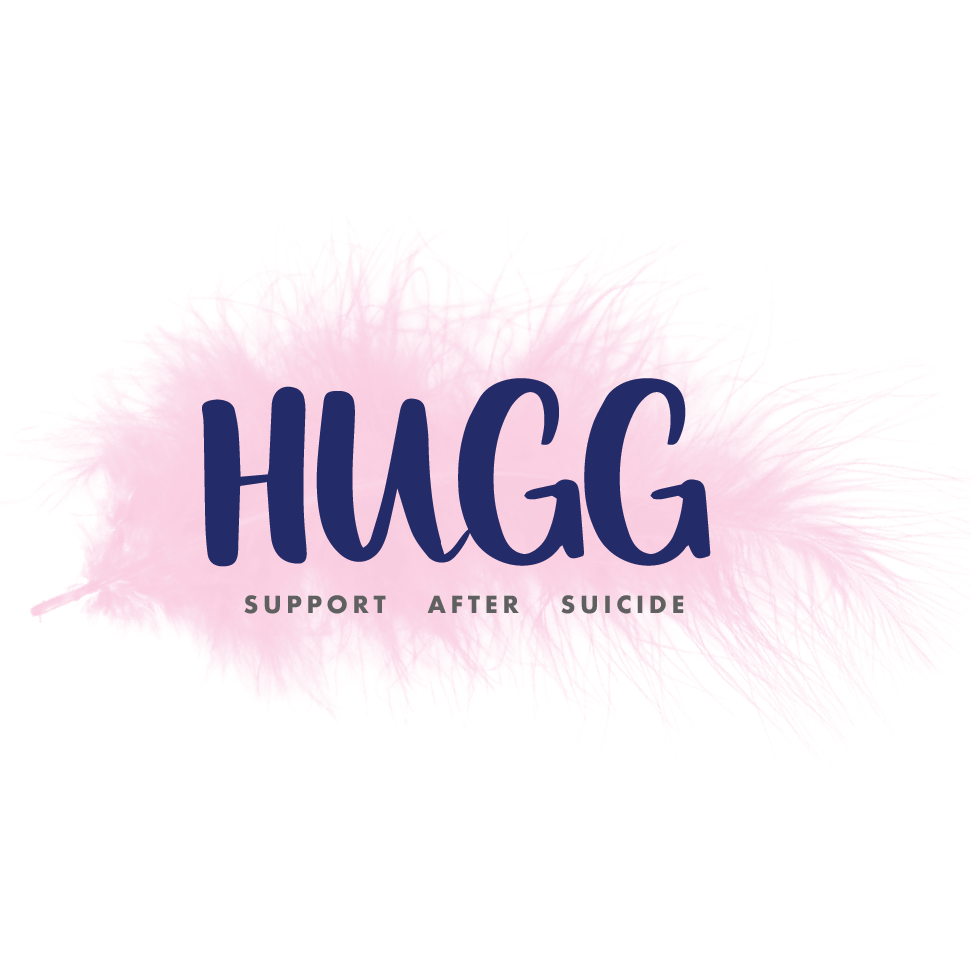When Grief Goes Unrecognised: Understanding Disenfranchised Grief
Grief comes in many forms, and every loss is deeply personal. Yet sometimes, the world around us does not acknowledge our pain. This is called disenfranchised grief — a natural emotional response to loss that is not openly accepted or recognised by others. For those experiencing it, the silence or dismissal can be just as painful as the loss itself.
What is Disenfranchised Grief?
The term was first defined by grief expert Dr. Kenneth Doka in 1989: “Disenfranchised grief refers to a loss that’s not openly acknowledged, socially mourned, or publicly supported.”
This type of grief often arises when:
- The loss is not considered “important enough” by others.
- The type of loss is stigmatised.
- Some people are seen as not “entitled” to grieve.
- The circumstances of the death are denied.
- The way someone expresses their grief is judged.
Think of moments when someone says, “I was only their friend,” or “We were divorced, so I shouldn’t feel this upset.” These are powerful examples of how people can minimise their own grief because they feel it doesn’t “count.”
But here’s the truth: all grief is valid.
Why it Matters
When grief is not recognised, it can leave the mourner feeling isolated, unwelcome, or even ashamed of their pain. This can make the grieving process longer and more complicated.
For those bereaved by suicide, disenfranchised grief can feel especially heavy. Because suicide carries stigma, some may feel that others see their loved one’s death as “less worthy” of sympathy, or that they themselves are “less entitled” to grieve. Whether real or imagined, these feelings can prevent people from seeking the support they need — leaving them to carry their grief alone.
As one bereaved person shared:
“When I lost my friend to suicide, people said, ‘But you weren’t family.’ It made me feel like my grief didn’t matter. But it mattered deeply — it still does.”
Finding a Way Forward
If you recognise yourself in this type of grief, know that you are not alone — and your feelings are valid. Some steps that may help include:
- Communicate your needs: Let family and friends know what kind of support helps you most. Often, people want to help but feel unsure of what to say or do.
- Seek safe spaces: A support group can offer relief, connection, and validation by bringing together others who truly understand.
- Professional support: Speaking with a grief therapist can provide guidance in processing difficult emotions.
- Stay connected: Whatever you choose, try not to isolate yourself. Reaching out is a sign of strength, not weakness.
Grief does not need permission to exist — and neither do you. Every relationship, every bond, and every loss is worthy of being honoured. If you are experiencing disenfranchised grief, know that your pain is real, your love is real, and you are deserving of support and compassion.
For free, peer-led support after suicide loss, visit HUGG.ie.
Memorial Gift Shop
View AllRecaptureOne - QR Coded Memory Plaques
Place our QR Coded memory plaque at your loved one's special place. Scan the unique code with your phone camera to view all of their precious memories.
Angel Ornaments & Keepsake Boxes
Hand-crafted Angel pieces that capture those sentiments that we most want to express.
Condolence Books - Printed and Bound
Creating a printed hardbound book of online messages of condolence can be a meaningful way to preserve and honour the memories of a loved one.


